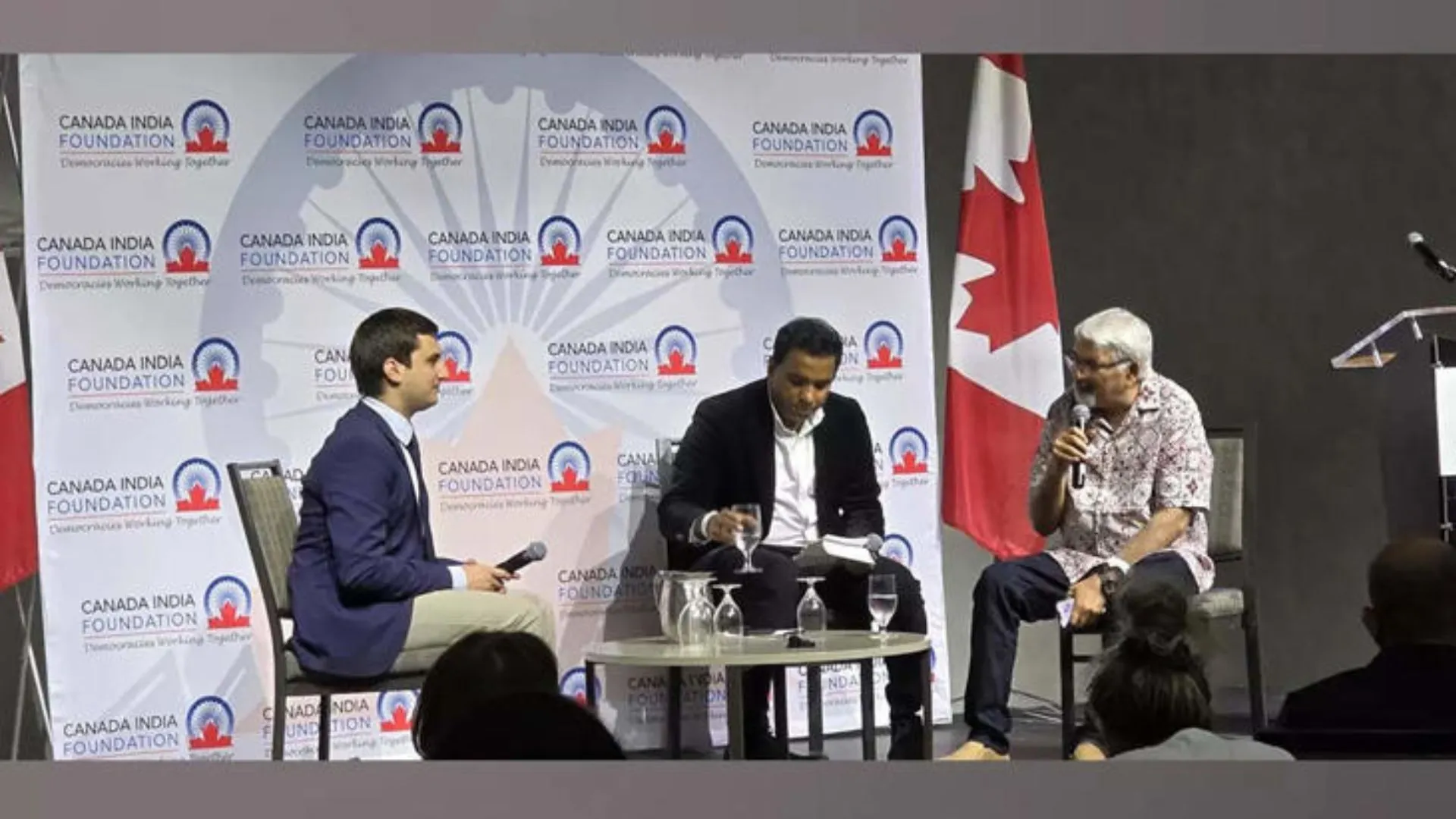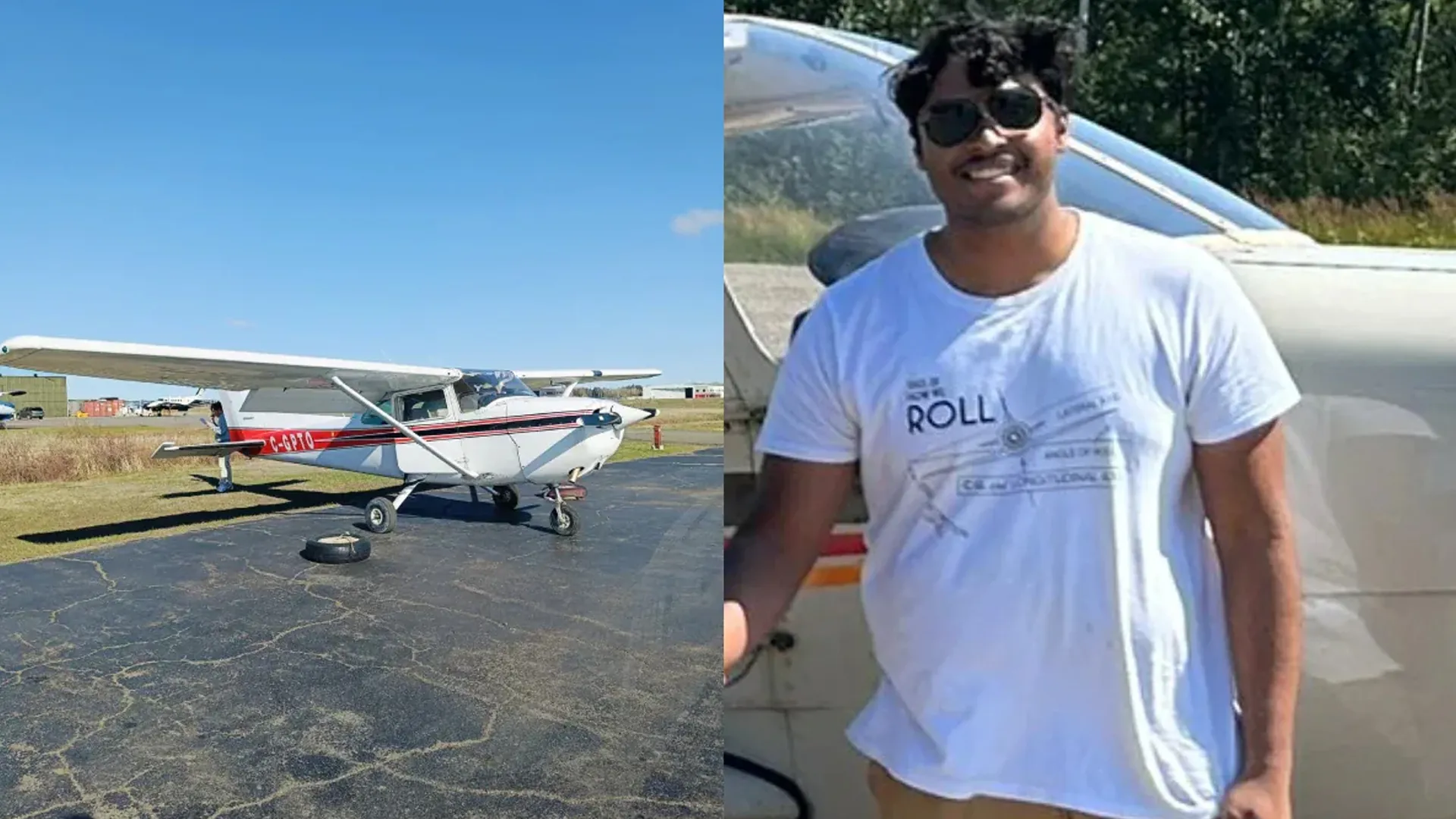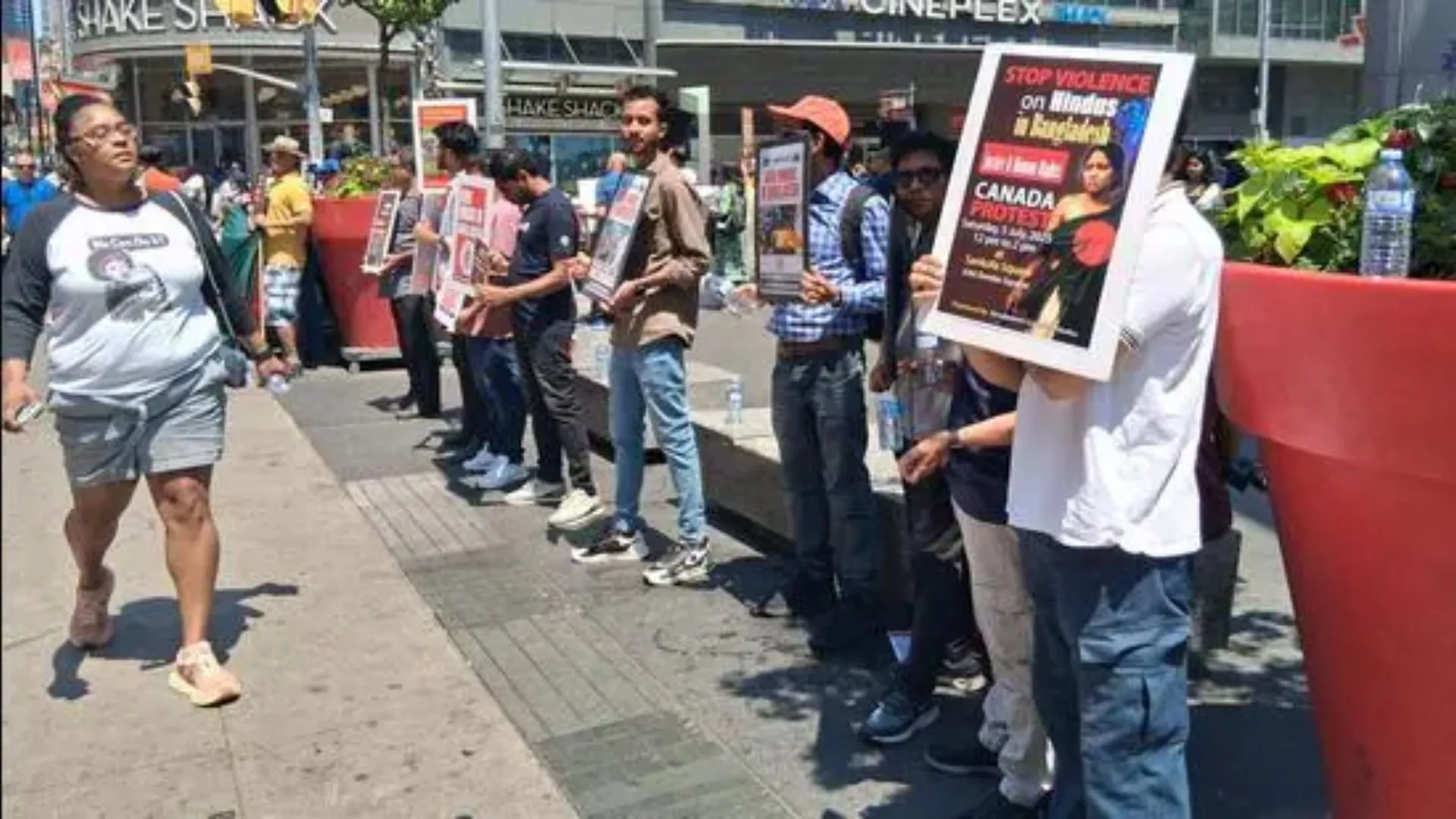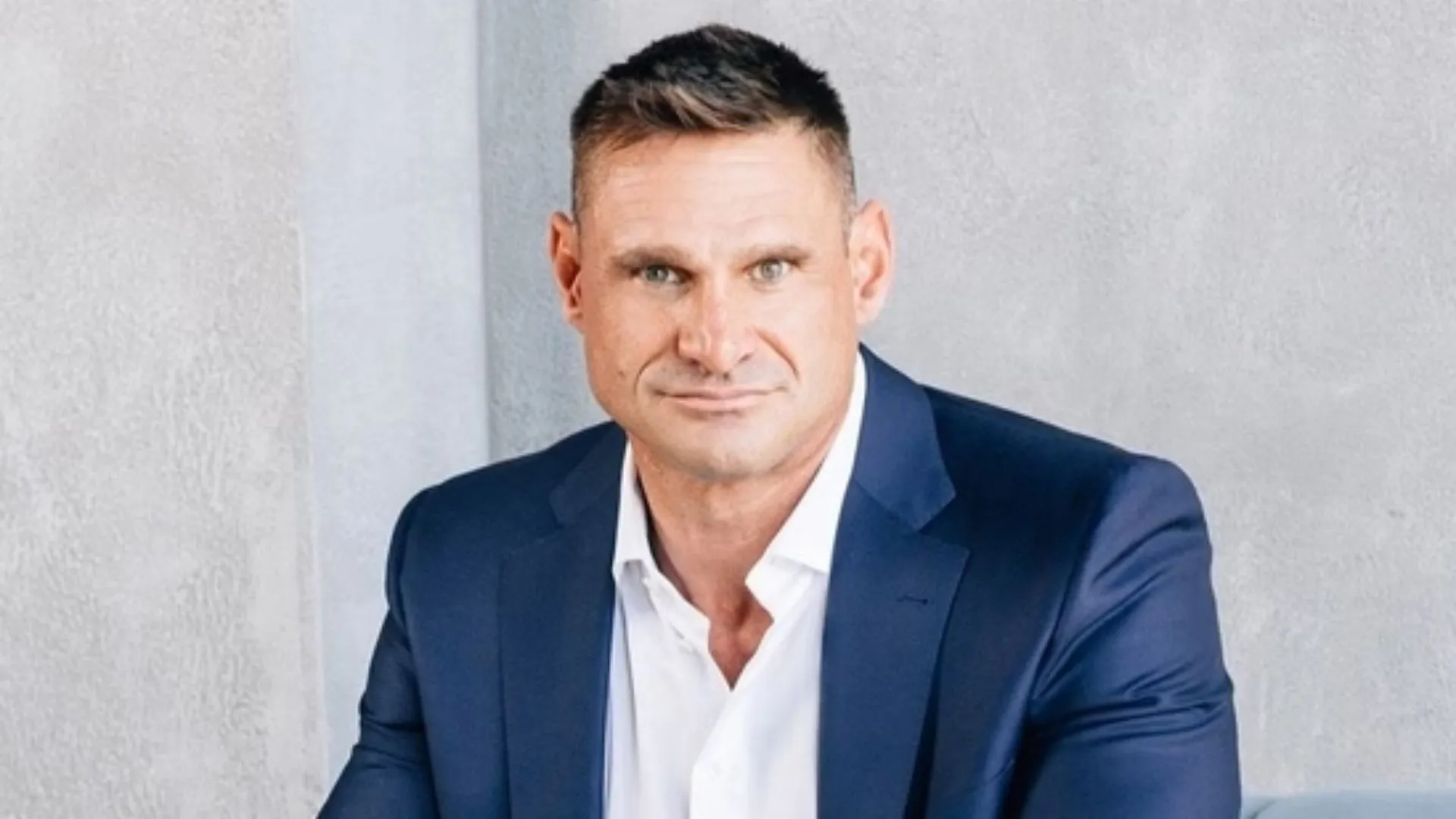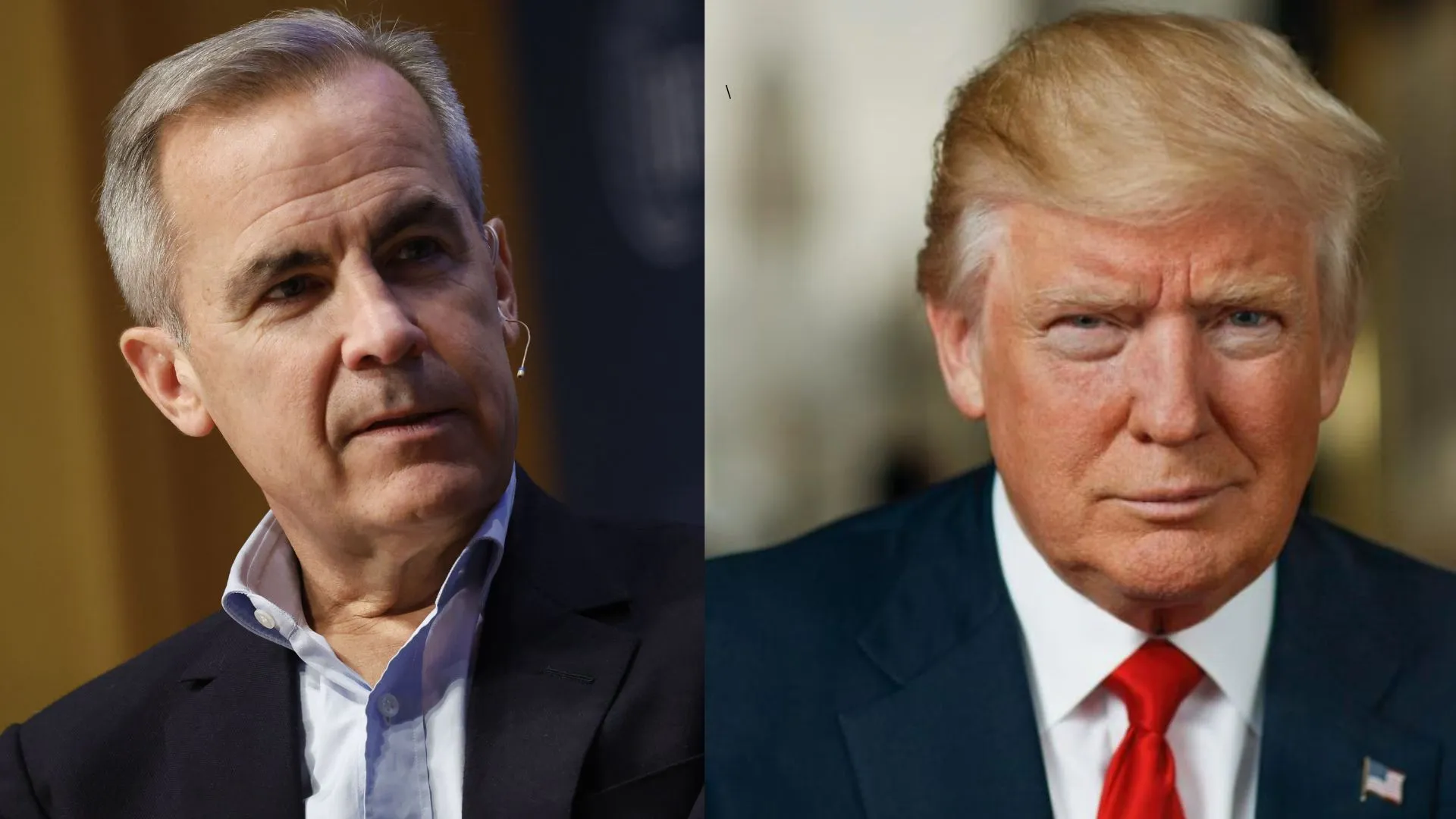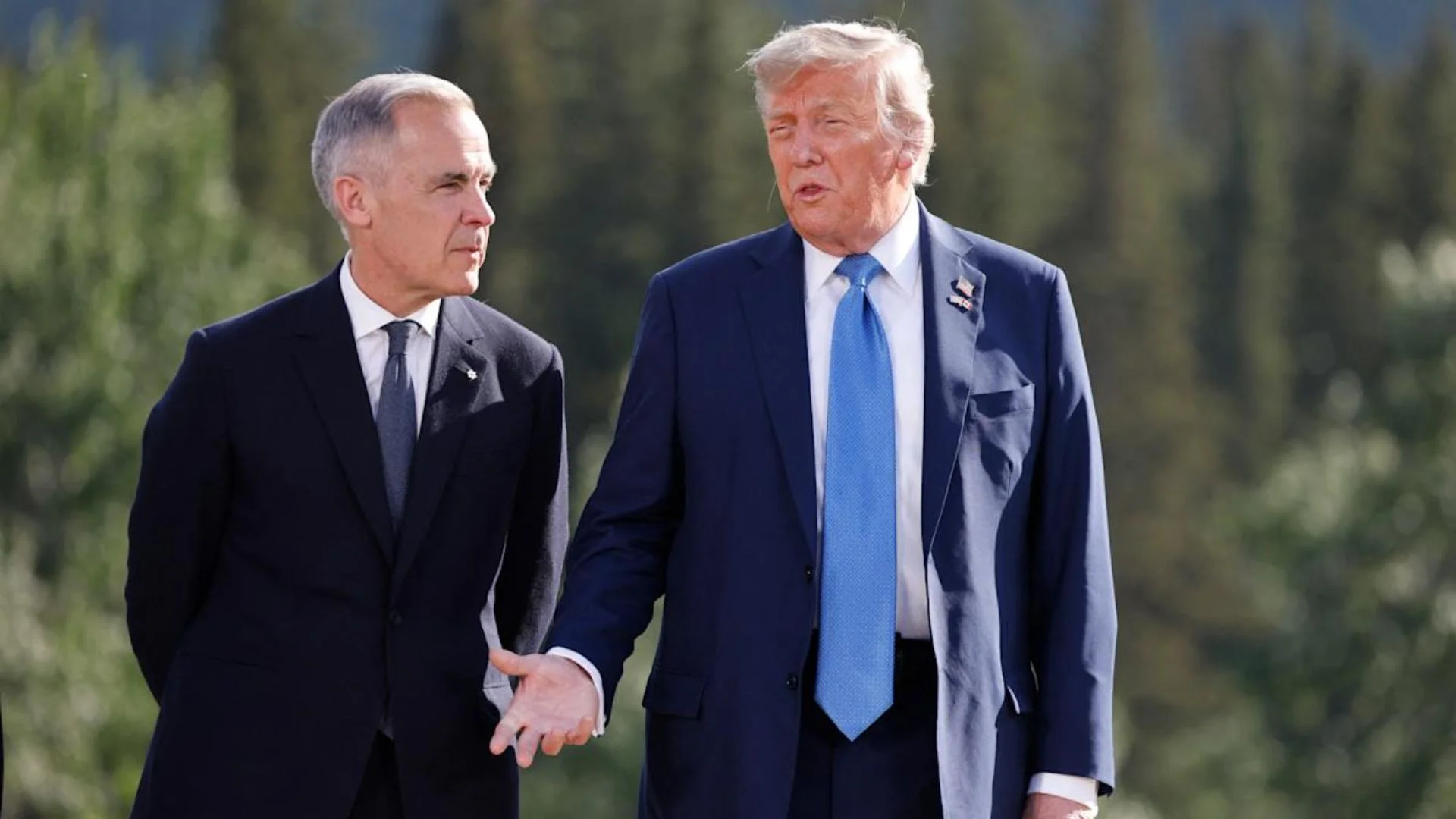The Canada India Foundation (CIF) and The Alliance to Fight Secessionism and International Khalistani Terrorism organized a high-impact National Security Conference in Woodbridge, Ontario on Sunday. The event, themed “United Against Extremism,” brought together security experts, community leaders, journalists, and political voices to discuss Canada’s growing internal threats.
Tackling Imported Extremism
The speakers agreed that foreign-backed extremist ideologies are threatening Canada’s multicultural society. They warned that radical groups are importing divisive agendas that target Canadian values and peace. The discussions emphasized the urgent need for national coordination to confront radicalization, misinformation, and transnational crime.
Ritesh Malik, Chairperson of CIF and chief organizer, explained that the event wasn’t aimed at targeting any specific group. Instead, he said the goal was to preserve the peace and values that attracted immigrants to Canada. He stressed that communities are now facing daily threats, and urged policymakers and security agencies to act.
Remembering the Air India Bombing
The 1985 Air India Flight 182 bombing remained a major focus. It remains Canada’s deadliest terror attack, killing 329 people, mostly Canadian citizens. Sanjay Lazar, an aviation expert who lost his family in the bombing, spoke emotionally about the tragedy. He said the attack wasn’t just on a plane—it was an attack on Canadian values. He also called for a national memorial learning centre and urged that this history be taught in schools.
Human Cost of Terror Still Felt
The session on “Human Cost of Terrorism” highlighted the long-lasting pain among targeted communities. Speakers pointed out that Indo-Canadians and Jewish Canadians continue to experience hate crimes and threats.
One speaker mentioned a recent shooting at a Jewish school and questioned whether it was due to intelligence failure or public indifference. They argued that this kind of violence shows how vulnerable Canada’s peaceful communities have become.
Multiple Extremist Threats Identified
The conference also examined modern extremist threats. These included Khalistani separatists, Islamist networks, far-left radicals, and foreign intelligence operatives who disguise themselves as human rights activists.
Journalist Danial Bordman warned that Canada is allowing dangerous groups—such as ISI-backed Canadians, the Muslim Brotherhood, and Khalistani elements—to operate freely. He said the political system remains inactive while these forces grow bolder. However, he also expressed hope that the people at the conference would push for real change.
Fellow journalist Wyatt Claypool criticized Canada’s foreign policy. He argued that Canada often turns its back on allies like India and Israel. He said current policymakers act like second-year students obsessed with diplomacy while ignoring right and wrong. Claypool also blamed the Liberal government for losing direction, claiming former Prime Minister Stephen Harper had handled these threats more seriously.
Indo-Canadian Extremism Must Be Addressed
Former Health Minister Ujjal Dosanjh welcomed the event, saying it was one of the first in years to publicly confront extremism within the Indo-Canadian community. He warned that extremism, drug trafficking, and immigration fraud are now blending together and harming society.
Community member Guneet Singh praised the conference for focusing on Canadian safety instead of treating it as a foreign issue. He said problems like illegal immigration and extremism affect everyone, regardless of origin.
Media and Policy Failures Criticized
Panelists sharply criticized the media’s silence and the lack of action by public institutions. They said that extremists openly post threats online and display weapons, yet law enforcement avoids confrontation. One speaker noted that hate is being disguised as free speech, and security agencies are too cautious.
They also raised concerns about Bill 63, saying it protects radical speech while limiting moderate voices. According to them, the law weakens open dialogue, which is essential for fighting extremism.
Action, Not Just Awareness
Rather than stop at identifying the problems, the speakers urged for immediate solutions. They called for stronger intelligence sharing, better coordination among law enforcement, and tighter immigration checks to block radical infiltration. They also urged Canadian media to stop censoring coverage out of fear and speak honestly about national threats.
One panelist stressed that the Canadian Charter of Rights should protect peaceful citizens, not violent extremists. They argued that the vast majority of Canadians deserve safety and security.
Final Commitment to Change
The event ended with a plan to prepare a comprehensive report based on the discussions. The organizers will submit it to government officials and national security agencies.
In closing, Ritesh Malik said Canada must return to its peaceful roots. He emphasized that silence is no longer an option and added that Canadians must protect the country for future generations.

